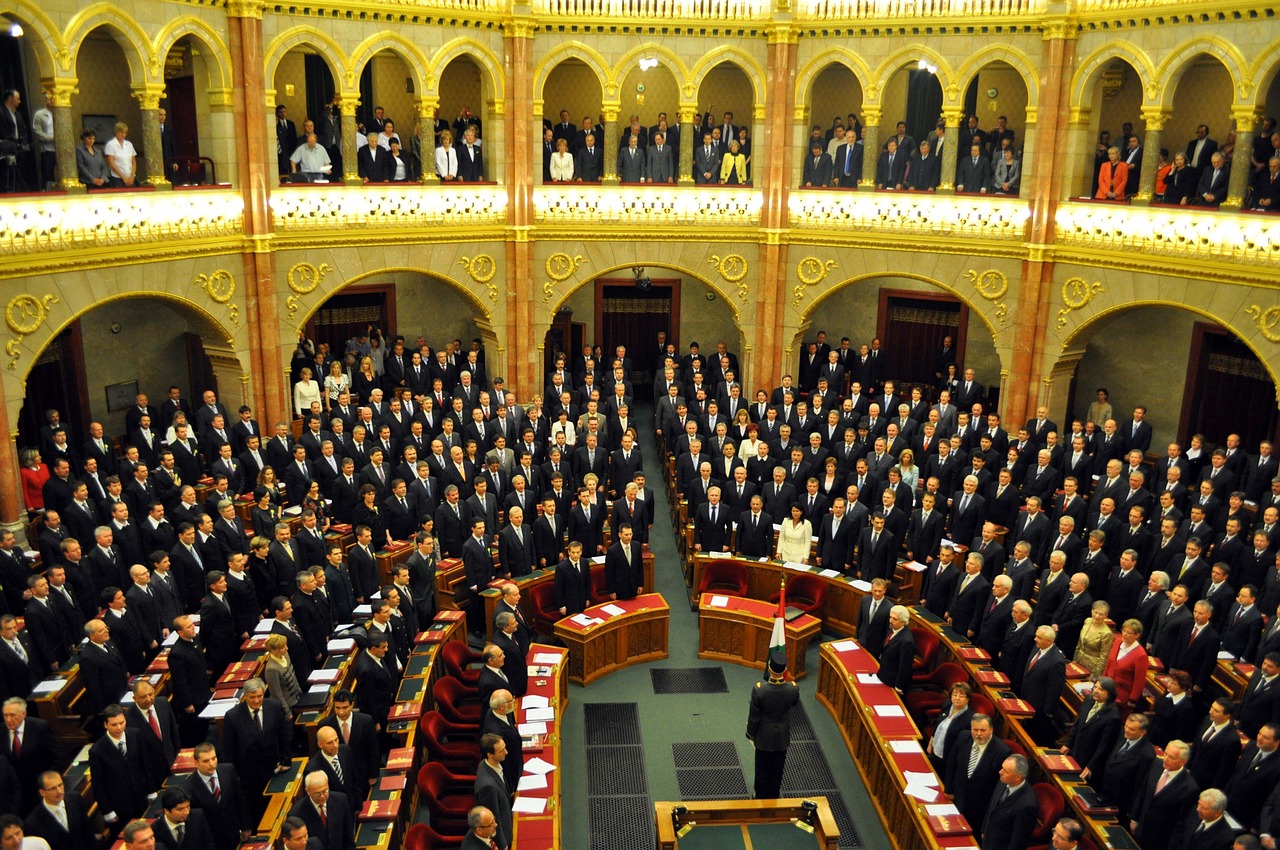
Viktor Orbán, the Prime Minister of Hungary, has been at the helm of the country’s foreign policy for over a decade. During this time, his approach to international relations has been characterised by a quest for autonomy and an assertion of Hungary’s sovereignty. However, this pursuit has not been without controversy, drawing both domestic and international criticism. To understand Orbán’s foreign policy agenda and its quest for autonomy, it is essential to examine key aspects of his approach and the challenges it poses.
National Sovereignty and Independence:
At the heart of Orbán’s foreign policy agenda lies a commitment to safeguarding Hungary’s national sovereignty and independence. Orbán has been vocal in asserting Hungary’s right to make decisions that best serve its national interests, often challenging supranational institutions like the European Union (EU) when he perceives their policies as encroaching on Hungary’s autonomy. This has led to tensions with the EU on issues such as migration, rule of law, and democratic principles.
Balancing Global Powers:
Hungary’s foreign policy under Orbán has sought to balance relations with both the East and the West. While the country remains a member of the EU and NATO, Orbán has also cultivated closer ties with countries like Russia and China. This balancing act is viewed as a pragmatic approach to diversifying partnerships and reducing reliance on traditional Western allies. However, it has raised concerns among some EU partners and the United States about Hungary’s alignment with illiberal regimes.
Centralising Power at Home:
Orbán’s quest for autonomy is mirrored domestically through his government’s efforts to centralise power. He has faced criticism for undermining democratic institutions, media freedom, and the independence of the judiciary. Critics argue that these actions have weakened Hungary’s democratic foundations and led to concerns about the erosion of checks and balances in the country.
Economic and Energy Policy:
Orbán’s government has pursued economic policies aimed at bolstering Hungary’s autonomy, such as increasing state intervention in strategic sectors and promoting economic self-sufficiency. Hungary has also pursued energy agreements with Russia, including the expansion of the Paks nuclear power plant, to reduce reliance on external energy sources.
Migration and Border Security:
Orbán’s stance on migration has been a defining feature of his foreign policy. He has taken a hardline approach, opposing EU-mandated quotas for refugee resettlement and advocating for strict border controls. This approach resonates with his domestic constituency and reflects his vision of protecting Hungary’s cultural identity and autonomy from perceived external threats.
EU Relations and Diplomatic Tensions:
Orbán’s pursuit of autonomy has occasionally led to diplomatic tensions with EU institutions and member states. Hungary has clashed with the EU over issues related to the rule of law, media freedom, and the independence of the judiciary. Orbán has accused the EU of interference in Hungary’s domestic affairs, asserting his government’s right to make policy decisions without external interference.
In conclusion, Viktor Orbán’s foreign policy agenda revolves around a quest for autonomy and the safeguarding of Hungary’s national sovereignty. His approach has seen Hungary seek to balance relations between the East and the West, while also asserting its right to make decisions in its best interests. However, this pursuit of autonomy has not been without controversy, as concerns about Hungary’s domestic democratic institutions and alignment with illiberal regimes have sparked criticism both domestically and internationally. Orbán’s foreign policy agenda remains a subject of debate, with supporters lauding his efforts to protect national interests and critics raising concerns about democratic norms and international partnerships.






